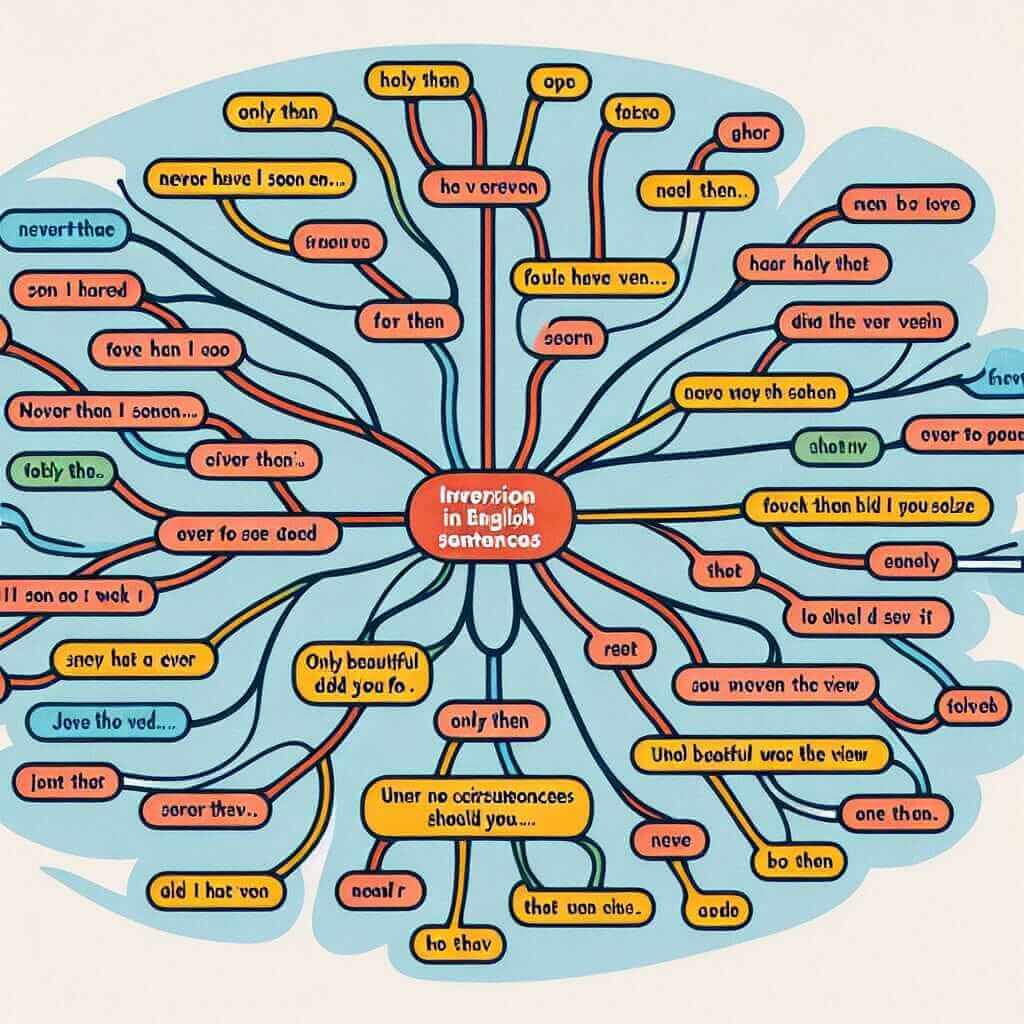The phrase “not only… but also” is a powerful tool in English to express two related ideas with emphasis. This structure is particularly useful for IELTS, helping you create complex sentences and demonstrate a wider range of grammar. Let’s break down why “Not only was it difficult, but it was also dangerous” is such a valuable phrase to master.
For instance:
- Speaking (Part 2): “Describing a challenging experience, you could say: “Not only was the climb physically demanding, but it was also mentally draining.”
- Writing (Task 2): “Discussing the impact of social media, you might write: “Not only has social media revolutionized communication, but it has also created new avenues for marketing.”
- Listening: You might hear a speaker say, “The new policy was not only unpopular, but it was also completely impractical.”
In each case, the “not only…but also” construction adds emphasis and links two important aspects of the topic.
Understanding “Not Only…But Also”
This structure is used to present two related clauses where the second clause is more surprising, important, or impactful than the first.
Frequency in IELTS: You’re likely to encounter this structure in both the Listening and Reading sections of the IELTS exam. More importantly, you can actively use it in your Speaking and Writing responses to demonstrate a higher level of grammatical range and accuracy.
Construction and Application
Formula:
Not only + [Auxiliary Verb + Subject + Verb] + But also + [Subject + Verb]
Breakdown:
- Inversion: Notice the inverted word order in the first clause (“was it difficult” instead of “it was difficult”). This inversion is grammatically necessary when “not only” comes at the beginning of the clause.
- Parallelism: Maintain grammatical parallelism between the two clauses. If the first clause is in the past tense, the second should be as well. The same applies to other grammatical structures.
- Emphasis: The “but also” clause usually carries more weight or surprise.
Application in IELTS:
- Speaking: Use it to provide detailed and impactful descriptions. For example, “Not only did I learn a new language while living abroad, but I also gained a whole new perspective on life.”
- Writing: Employ it to present balanced arguments, highlight contrasts, or emphasize key points. Example: “Not only do renewable energy sources combat climate change, but they also reduce our reliance on fossil fuels.”
 Not Only But Also IELTS Example
Not Only But Also IELTS Example
Model Answers
IELTS Writing Task 2:
Prompt: Some people believe that the benefits of tourism outweigh its drawbacks. Others argue that its negative impacts are more significant. Discuss both views and give your opinion.
Body Paragraph: “Advocates of tourism often highlight its economic benefits. Not only does it create jobs in the hospitality and service sectors, but it also generates revenue for local businesses and governments.”
IELTS Speaking Part 2:
Cue card: Describe a time you had to overcome a difficult challenge.
Answer: “One challenging experience that comes to mind was my first marathon. Not only was it physically demanding, pushing my body to its absolute limits, but it was also a huge mental test, requiring unwavering determination and focus to reach the finish line.”
Advanced Usage
To score higher, consider these variations:
- Adding adverbs: “Not only is this solution more efficient, but it is also significantly more cost-effective.”
- Using synonyms: “Not only was the journey arduous, but it was also fraught with peril.”
Common Mistakes
- Incorrect inversion: “Not only it was difficult” (Incorrect). Remember to invert the subject and auxiliary verb: “Not only was it difficult” (Correct).
- Lack of parallelism: “Not only did I study hard, but also I got lucky” (Incorrect). Maintain consistent structure: “Not only did I study hard, but I also got lucky” (Correct).
Conclusion
Mastering the “not only…but also” structure can significantly enhance your IELTS performance. By understanding its construction, nuances, and applications, you can express your ideas more effectively, demonstrate a stronger command of grammar, and ultimately achieve a higher band score. Remember to practice using it in various contexts relevant to the IELTS exam.


